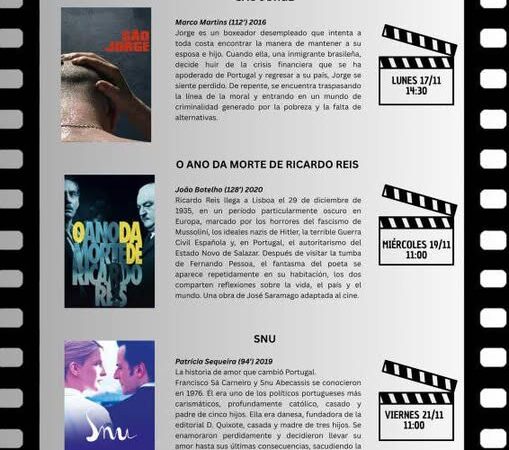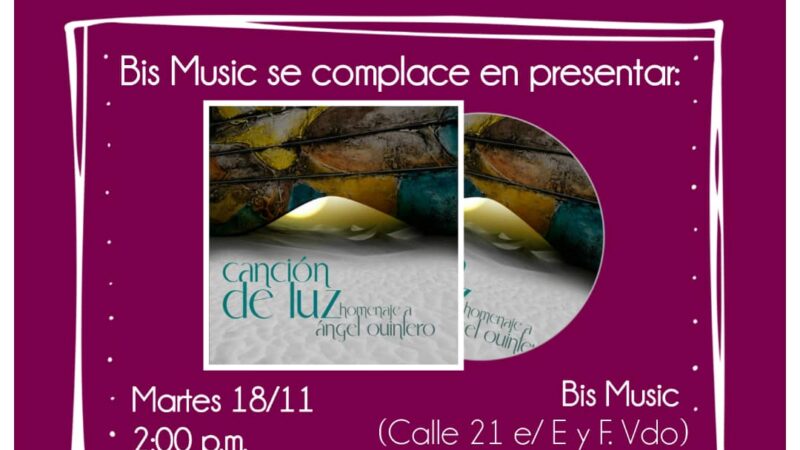Italian Neorealism and the Best of Eastern European Cinema in September’s Lineup
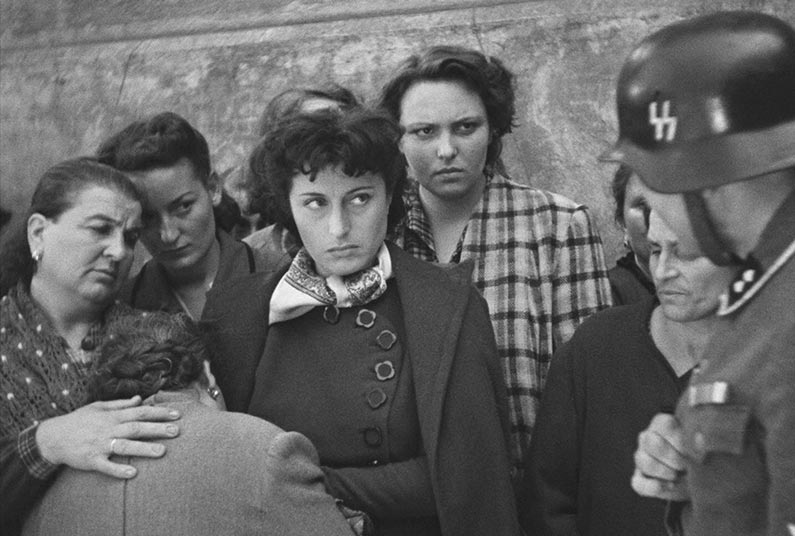
The Film Archive of Cuba has scheduled two major film cycles for September: one dedicated to Italian Neorealism, marking the centenary of Alfredo Guevara—the founder of the Cuban Institute of Cinematographic Art and Industry (ICAIC), a passionate admirer and promoter of this cinematic legacy—and another showcasing the work of screenwriter Cesare Zavattini, the movement’s leading figure.
The second cycle offers a curated selection of films from socialist Eastern European countries spanning the 1960s to the 1980s. The program includes both popular titles of that era and standout examples of Eastern Europe’s finest cinema. Each screening will be preceded by an edition of the ICAIC Latin American Newsreel, recognized by UNESCO’s Memory of the World Register.
In addition, the Film Archive will continue its weekend animation programming for children and young audiences, with screenings every Saturday and Sunday at 11:00 a.m., according to programmer Antonio Mazón Robau.
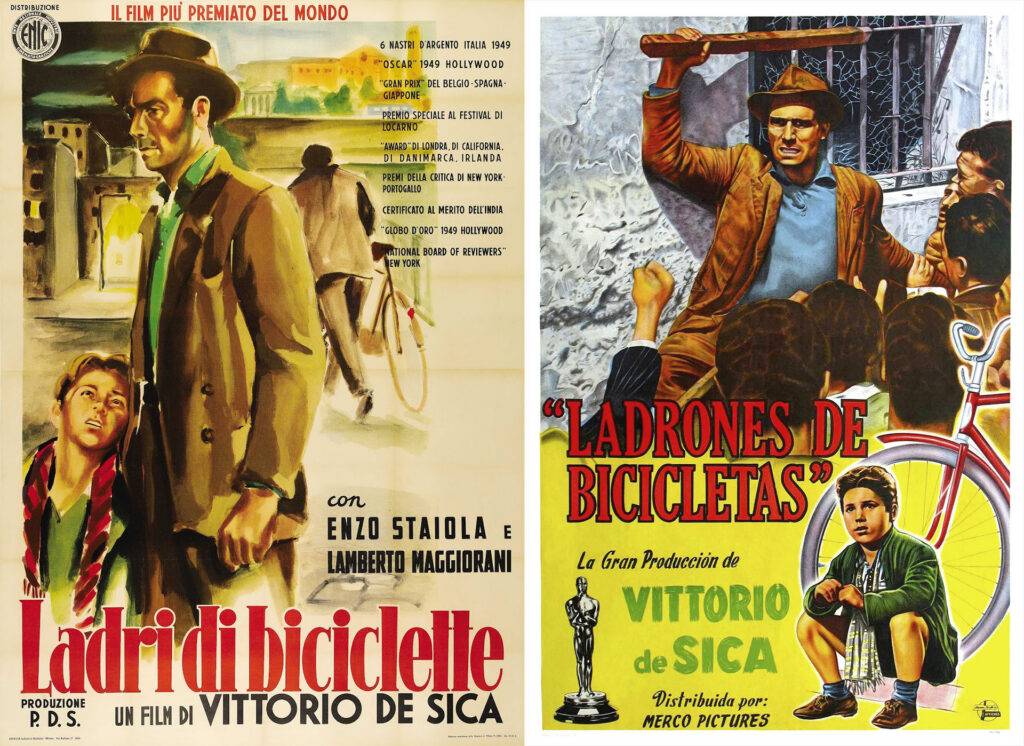
Italian Neorealism Through the Eyes of Alfredo Guevara
Italian Neorealism is typically associated with powerful dramas such as Ladrón de bicicletas and El limpiabotas. Yet, this postwar movement also produced comedies of significant cultural weight, including Cuatro pasos por las nubes and Milagro en Milán. The movement left a deep imprint on ICAIC’s early years, largely through the presence in Cuba of screenwriter Cesare Zavattini.
Moreover, pioneering Cuban filmmakers Julio García Espinosa and Tomás Gutiérrez Alea studied in Rome, where they embraced Neorealism’s socially rooted, naturalistic approach—real settings, non-professional actors—which provided an appealing model for ICAIC’s founding generation. Their aim was to portray national reality while distancing themselves from both the stylistic concerns of 1950s Hollywood and pre-Revolution Cuban cinema.
Combined with the revolutionary drive to transform society, these influences explain the distinctly social character of Cuban cinema from its inception.
On the centenary of Alfredo Guevara’s birth, the Film Archive of Cuba presents a wide-ranging selection of Italian Neorealist films, reaffirming the movement’s essential place in the history of cinema.
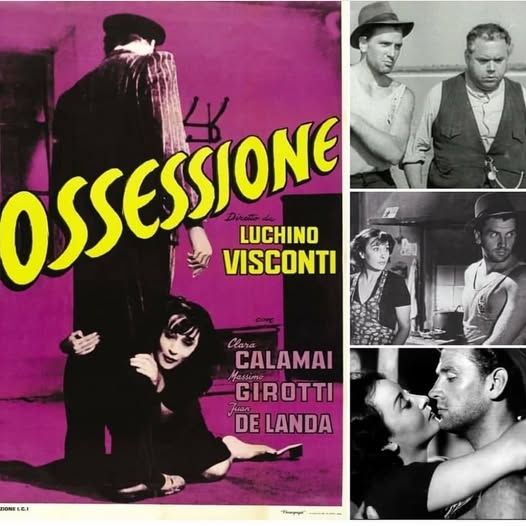
Screenings Begin Wednesday at 23 y 12 Theater
The cycle opens this Wednesday with Obsesión, directed by Luchino Visconti, at the 23 y 12 Theater, Mazón Robau confirmed. The film stars Clara Calamai, Massimo Girotti, Juan de Landa, and Elio Marcuzzo, and is a loose adaptation of James M. Cain’s novel The Postman Always Rings Twice, set in the plains near Ferrara. The plot follows a young drifter who arrives at an inn run by a married couple, falls in love with the wife, and begins a clandestine affair.
The second feature, Cuatro pasos por las nubes by Alessandro Blasetti, stars Gino Cervi, Adriana Benetti, Giuditta Rissone, and Carlo Romano. In this story, a traveling salesman meets a young pregnant woman on a bus and agrees to pose as her husband in front of her family. The film, co-written by De Benedetti, Cesare Zavattini, and Giuseppe Amato, was nominated for Best Film at the BAFTA Awards.
Other September screenings will include Los niños nos miran, Roma, ciudad abierta, El limpiabotas, Ladrón de bicicletas, and Paisà, among others. For younger audiences, films such as El retorno de Jaffar and La tierra tiembla will be featured, along with other family-friendly titles.
Translated by Luis E. Amador Dominguez
Film Roma, Open City Photo: Jardín Film Festival


